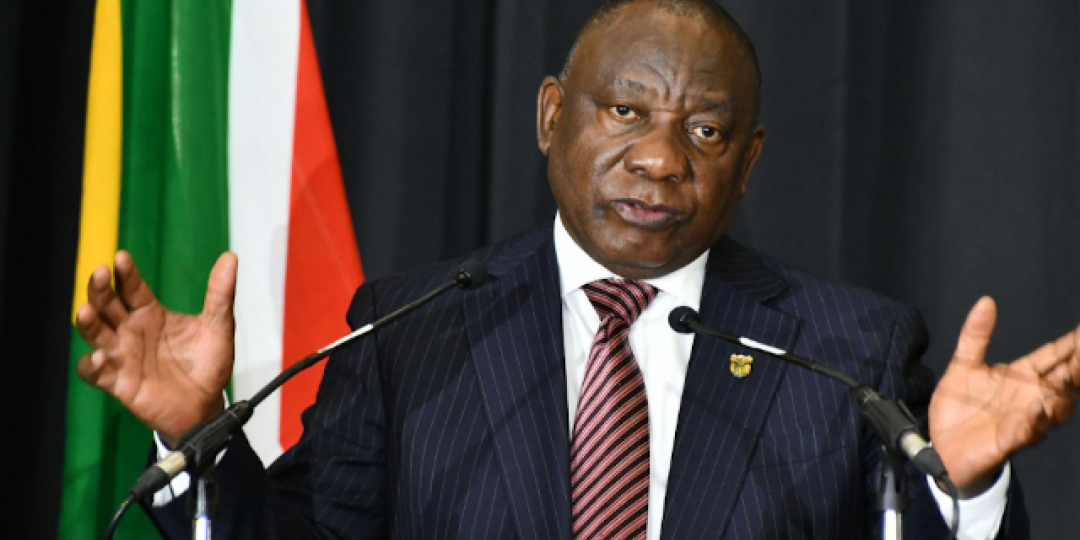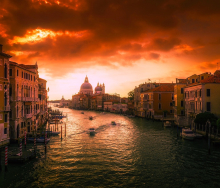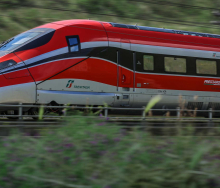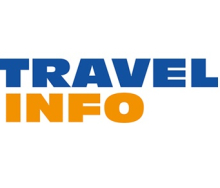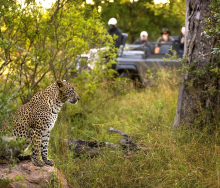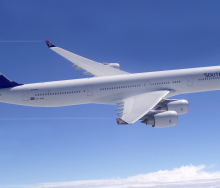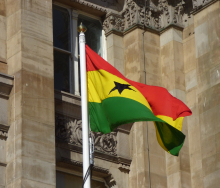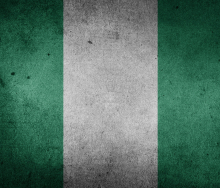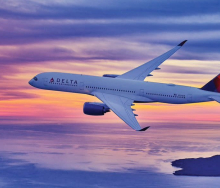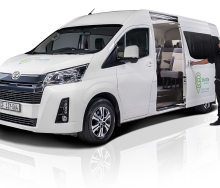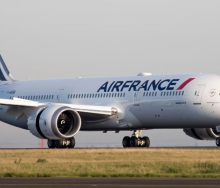South African citizens will be subjected to stricter health and safety protocols over the festive season but the travel industry remains open for business.
President Cyril Ramaphosa announced that, from midnight tonight (December 14) more stringent health and safety protocols would be implemented nationally following a significant increase in COVID-19 infections.
He said recent super-spreader events such as the post-Matric Rage Festival in KwaZulu Natal were responsible for the daily average of new cases being 74% higher than the peak of South Africa’s previous surge of infections.
Members of the travel industry have reiterated their commitment to compliance with stringent health and safety protocols while welcoming Ramaphosa’s “balanced approach” to saving lives while preserving livelihoods in the hard-hit sector.
“We now need the full compliance of the health and hygiene protocols that have been put in place by the sector, no compromise,” said ceo of Asata, Otto de Vries.
“It’s up to us to ensure we don’t go back to where we were before and that means proper implementation of the comprehensive protocols that have been devised specifically for our sector and managing the compliance of our customers, guests and travellers. It really is that simple. It’s in our hands.”
Md of Flight Centre Travel Group, Andrew Stark, said: “If we think back to where we’ve been before – until now the government has used the blunt instrument of a hard and severe lockdown. As South Africans, we’ve been through tougher times.
“We currently still remain in Level 1, and we still have the flexibility to travel and get outside and move. We just have limited choice as to what we can do in most destinations: be it the curfew, be it alcohol sales, be it restaurants, be it beach accessibility. KZN is seeing beach closures on the busiest days of the festive season, while a harder stance is taken for the Eastern Cape, possibly because of more limited capacity in hospitals in those areas.”
He added that people were still allowed to travel and go on their holidays, but they’re being asked to travel responsibly.
“There is a lot to do in the Eastern Cape besides the beach. I’ve been on holiday to the Eastern Cape and only went to the beach once or twice because the weather wasn’t great. It’s a great time to spend with loved ones. And, if the beach is a non-negotiable for some travellers, Flight Centre can help re-accommodate them to other South African destinations. There are still many options available,” said Andrew.
Sales and marketing director of Fancourt, Peter Dros, agreed with Andrew and Otto, noting that Fancourt appreciated the government’s consideration of the tourism industry in issuing the new restrictions.
“The fact that travel hasn’t come to a complete standstill allows us to keep our doors open and our staff employed. Fancourt is complying fully with health and safety protocols and ensuring that our staff, members and guests are doing the same.”
Peter added that, within the last week, Fancourt took the decision to postpone some planned events. “We have limited restaurant numbers and are practising social distancing at all times. We understand that the heightened restrictions have been put in place to keep people safe – and we appreciate that government has kept the tourism industry and tourism jobs in mind when making these decisions.”
New hotspots
Ramaphosa added that Sarah Baartman and Garden Route Districts had also been declared hotspots, noting that the same restrictions that had been implemented in Nelson Mandela Bay would now be applied in these districts.
Meanwhile, further restrictions to be enforced nationally include:
- The strict enforcement of the wearing of masks on public transport and in spaces open to the public. Failure of managers, owners or drivers to enforce this rule can result in a fine or imprisonment of up to six months.
- All gatherings, including religious, will be restricted to no more than 100 people in an indoor venue and 250 in outdoor venues. At all times the total number of people at an event may not exceed 50% of the venue’s capacity and venues must have adequate ventilation, demonstrate the practice of social distancing, enforce the wearing of masks and make sanitiser available.
- Some beaches and public parks will be closed selectively:
- In the Eastern Cape and Garden Route all beaches and parks will be closed from December 16 to January 3.
- In KwaZulu Natal these areas will be closed on what has been deemed the busiest days of the festive season, namely; December 16, 25, 26 and 31; and January 1, 2 and 3.
- In the Northern and Western Cape, with the exception of the Garden Route, beaches and parks will remain open.
- These areas will be strictly monitored and only be permitted to open between 09h00 and 18h00.
- Curfew has been extended and will now run from 23h00 to 04h00. This means that all non-essential businesses such as restaurants and bars will have to close at 22h00 to allow patrons and staff time to travel home.
- The sale of alcohol will only be permitted between the hours of 10h00 and 18h00 from Monday to Thursday and the consumption of alcohol in public spaces will be strictly prohibited.
Ramaphosa remarked that registered wine farms and wineries could continue to offer tastings and wine sales to the public for off-site consumption over weekends. “This exception is being made due to the vital contribution of these establishments to the tourism sector in several parts of the country.”
He said the National Coronavirus Command Council would be on call over the festive period, and would be prepared to meet immediately should the country’s situation worsen. He added that these regulations would be reviewed once more in January.
